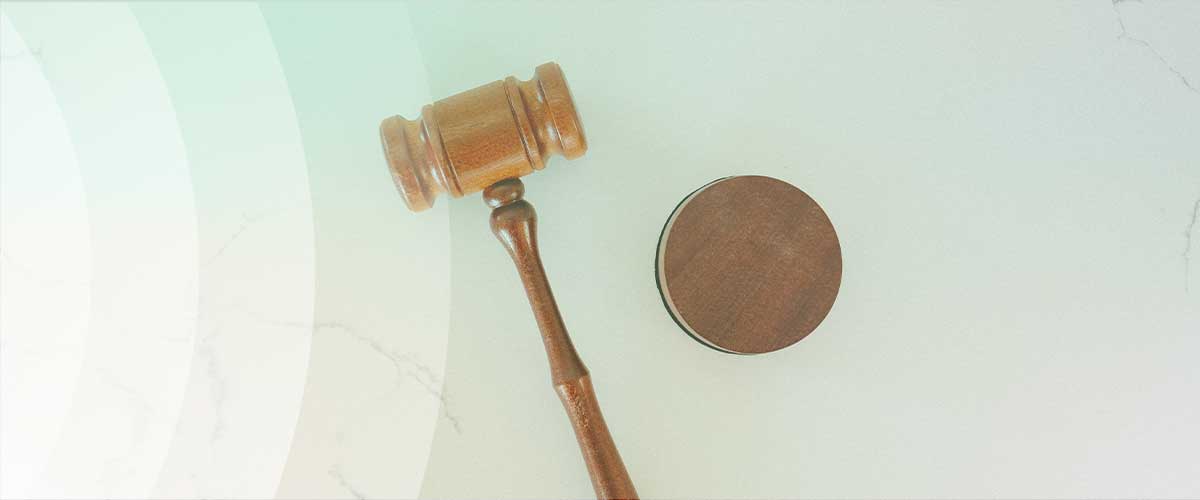
Supreme Court extends limitation period in light of 2nd COVID Wave
INTRODUCTION
In view of the unprecedented situation faced by the entire country due to the spread of the COVID-19 Virus, the Hon’ble Supreme Court of India (“Supreme Court”) took into consideration the resultant difficulties and cascading effects of the same on the judicial framework.
The Supreme Court was considerate in discerning the difficulties faced by litigants across the country and even by the advocates and their inability to file petitions/applications/suits/appeals etc., before various courts in the country and even varied tribunals within the limitation period.
Accordingly, the Supreme Court initiated Suo Moto Proceedings titled “In Re: Cognizance for Extension of Limitation” and vide order dated 23rd March, 2020, extended the limitation period in filing petitions/applications/suits/appeals/all other proceedings, irrespective of the period of limitation prescribed under general or special laws, from 15th March, 2020, till further orders.
However, on 8th March, 2021, when the Supreme Court noticed that the country was returning to normalcy, with courts and tribunals functioning on hybrid mode, the extension of limitation period was brought to an end. The Supreme Court disposed off the Suo Moto proceedings with the following directions:
- The period of limitation from 15th March, 2020, to 14th March, 2021, for any suit, appeal, application or proceedings shall stand excluded. The balance period of limitation on 15th March, 2020, if any, would become available from 14th March, 2021.
- In cases where the limitation period would have expired during 15th March, 2020, till 14th March, 2021, notwithstanding the actual balance period of limitation left, all persons will have a limitation period of 90 days from 15th March, 2021. In cases where the balance period was longer than 90 days, the longer period would apply.
- The period between 15th March, 2021, till 14th March, 2021 shall stand excluded under Sections 23 (4) and 29A of the Arbitration and Conciliation Act, 1996, Section 12A of the Commercial Courts Act, 2015 and provisos (b) and (c) of Section 138 of the Negotiable Instruments Act, 1881 and any other laws, which prescribe period(s) of limitation for instituting proceedings, outer limits (within which the court or tribunal can condone delay) and termination of proceedings.
- The Government of India was also directed to amend the guidelines for containment zones so as to regulate the movement for medical emergencies, provision of essential goods and services, and other necessary functions, such as, time bound applications, including for legal purposes, and education and job-related requirements.
EXTENSION OF LIMITATION PERIOD DUE TO SECOND WAVE OF COVID-19
By way of an Interlocutory Application moved recently, the Supreme Court Advocate on Record Association (SCAORA) highlighted the spike and surge of COVID-19 Virus cases in Delhi and the difficulty being faced by the litigants to institute cases in the Court and other courts in Delhi. The Interlocutory Application primarily prayed for the restoration of the order dated 23rd March, 2020.
The Supreme Court was pleased to take a judicial note of the steep rise in the number of COVID-19 cases not just in Delhi but across the country. The Supreme Court has now restored the order dated 23rd March, 2020, and in continuation of the order dated 8th March, 2021, has directed that the period(s) of limitation, as prescribed under any general or special laws in respect of both, judicial and quasi-judicial proceedings, whether condonable or not, shall stand extended till further orders.
The Supreme Court has further clarified that, the period from 14th March, 2021, till further orders shall also stand excluded in computing limitation periods prescribed under Sections 23 (4) and 29A of the Arbitration and Conciliation Act, 1996, Section 12A of the Commercial Courts Act, 2015 and provisos (b) and (c) of Section 138 of the Negotiable Instruments Act, 1881 and any other laws, which prescribe period(s) of limitation for instituting proceedings, outer limits (within which the court or tribunal can condone delay) and termination of proceedings.
Lastly, the Supreme Court also made it clear that the order was being passed in exercise of powers under Article 142 read with Article 141 of the Constitution of India, 1950 and hence, it would be binding on all courts/tribunals and authorities.





